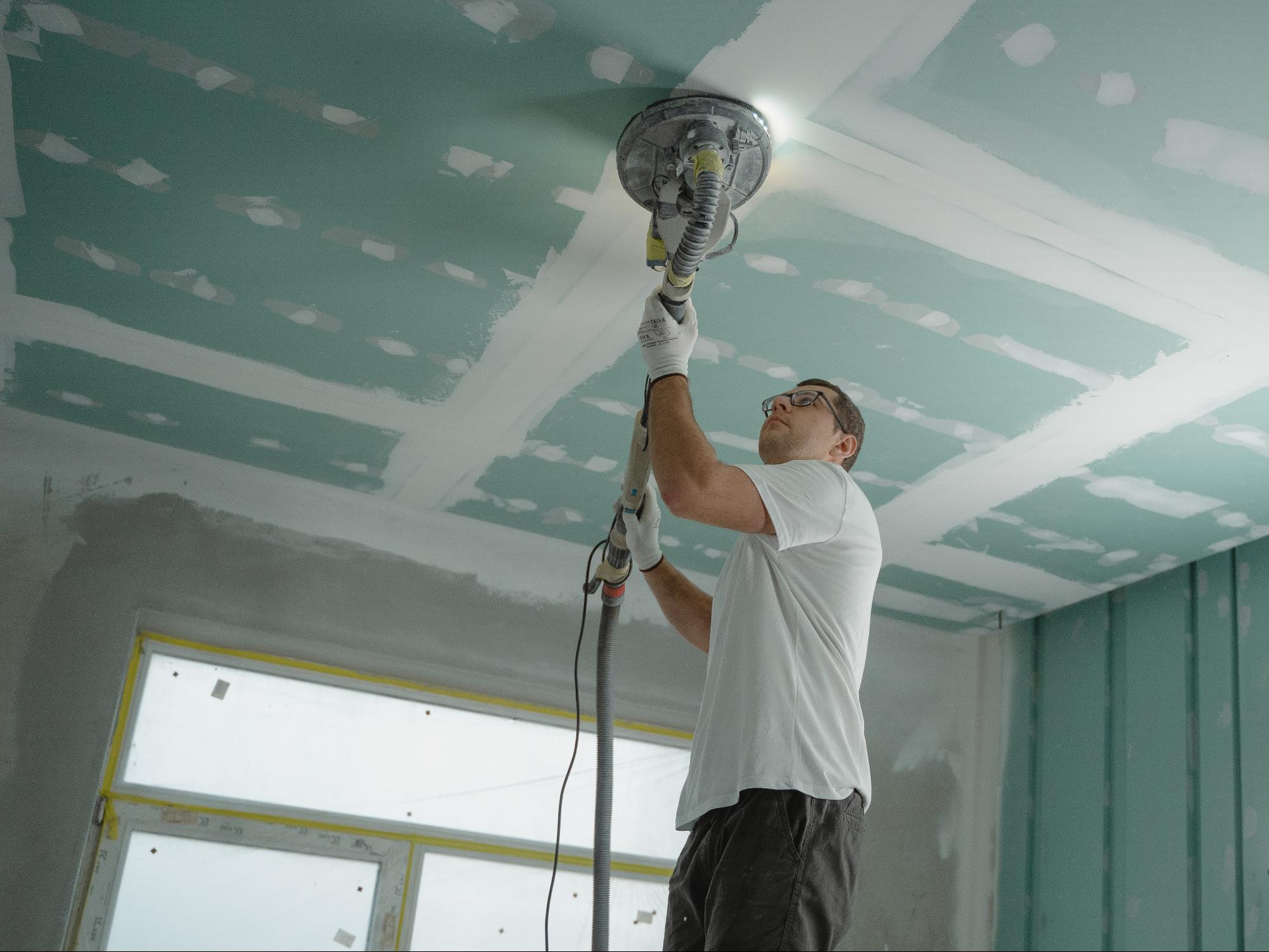A Beginner’s Guide to House Flipping

Table of Contents
House flipping is an exciting and profitable venture for many real estate investors. The process involves purchasing a property at a low cost, renovating it, and selling it for a higher price, thus making a profit. This guide will provide you with some essential steps and tips to help you successfully flip properties, even if you’re a beginner in the real estate investing world.
Build Your Knowledge and Skills
Before diving into the world of house flipping, it’s crucial that you understand the basics of the real estate market, as well as the skills required to succeed in this industry. Research real estate concepts, property values, market trends, and laws governing property transactions. In addition, consider attending seminars, reading books, or taking courses to expand your knowledge of real estate investing.
Partner with Reputable Companies
One way to ensure that you are investing in properties with true potential is by partnering with reputable companies, such as Integrity House Buyers. Partnering with the right company can provide you with additional resources, guidance, and support, making the house-flipping process smoother and more successful. Be sure to research different companies and their reputations in the industry before deciding on a partnership.
Assess Your Financial Position
Flipping houses can be a costly endeavor, so it’s vital to evaluate your financial situation before jumping in. You need to have sufficient funds to purchase the property, cover renovation expenses, and pay holding costs such as taxes, insurance, and mortgage payments. Assess your savings, credit score, and borrowing capacity, and consider working with financial advisors or lenders to discuss financing options.
Build Your Team
A successful house flip requires a strong team, including professionals such as real estate agents, contractors, attorneys, and inspectors. Reach out to local experts and establish relationships with them, as they can provide invaluable assistance and advice throughout your flipping journey. Additionally, networking with other investors and attending real estate meetups can be beneficial for exchanging tips and staying updated on industry trends.
Analyze the Investment Potential
Before purchasing a property, it’s crucial to conduct thorough due diligence. Calculate the potential return on investment (ROI) by considering factors such as purchase price, location, renovation costs, holding costs, and expected selling price. Research comparable properties recently sold in the area to estimate the after-repair value (ARV). Ensure that you adhere to the 70% rule, which means buying a property for no more than 70% of its ARV minus the cost of necessary repairs and upgrades.
Identify Potential Properties
Finding the right property to flip is critical to your success. Look for properties in neighborhoods with rising property values, low crime rates, and access to amenities such as schools, parks, and shopping centers. Use online resources, local newspapers, and real estate listings to locate potential properties. Consult with your real estate agent for guidance on identifying homes with high potential for profit, such as distressed or foreclosed properties.
Manage the Renovation Process
Plan and manage the renovation process carefully to ensure that your investment and efforts pay off. Prioritize improvements that will add value to the property, such as updating kitchens, bathrooms, and flooring. Avoid over-improving, as this can lead to diminishing returns. Obtain multiple quotes from contractors, manage your budget tightly, and ensure that all repairs and upgrades comply with local building codes and regulations.
Market and Sell the Property
To maximize profit from your house flip, it’s essential to market your property effectively. Work with your real estate agent to develop a targeted marketing strategy, including professional photography, engaging descriptions, home staging, and the innovative technique of virtual staging real estate. Price the property competitively, based on local market conditions and your property’s features. Be prepared to negotiate and consider all reasonable offers to ensure a successful and profitable sale.
Stay Updated on Market Trends
To succeed in the constantly changing world of real estate investing, it’s important to stay informed about market trends, fluctuations, and emerging opportunities. Regularly read industry news, research reports, and expert opinions to help you gauge the current state of the market and make informed decisions about your investment strategies. Staying updated on market trends can give you a competitive edge and enable you to identify potential opportunities ahead of other investors.
Learn from Your Experiences
As you progress in your house-flipping journey, learn from each experience to continuously refine your strategies and improve your success rate. Each property flip comes with unique challenges and opportunities, so take notes and reflect on what worked well and what aspects can be improved for future projects. By learning from your experiences and adapting your approach as needed, you can become a more skilled and successful house flipper.
Prepare for Contingencies
Despite careful planning, unexpected circumstances can arise during the house-flipping process. It’s essential to prepare for contingencies by setting aside an emergency fund to cover unplanned expenses, such as additional repairs or prolonged holding costs. Having a contingency plan and financial cushion in place will help you navigate unforeseen challenges and minimize stress during the course of your investment.
Final Thoughts
House flipping can be a profitable way to invest in real estate if approached with dedication, knowledge, and the right mindset. By following these steps, you can begin your journey toward mastering the art of house flipping, even as a beginner. Remember to be patient, persistent, and adaptable as you navigate the dynamic world of real estate investing.






